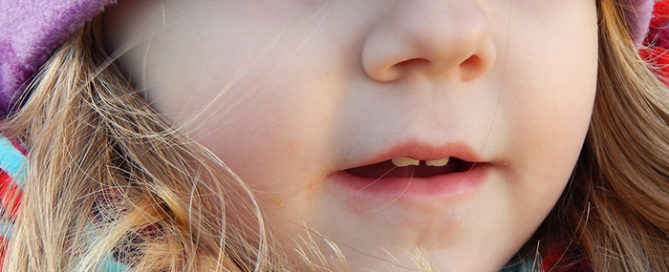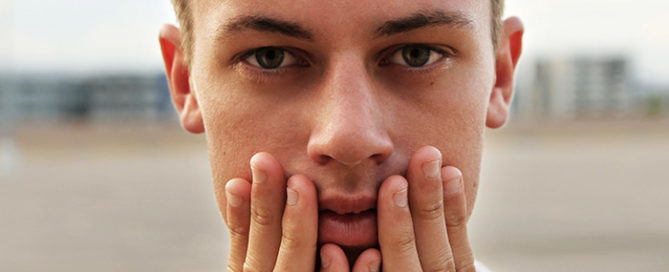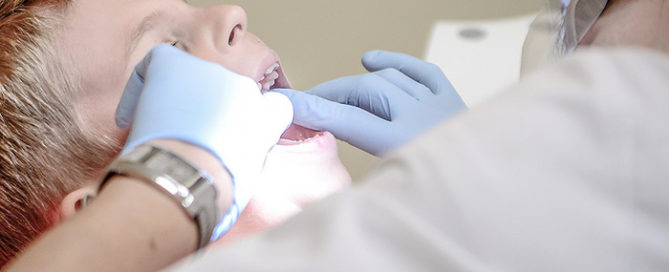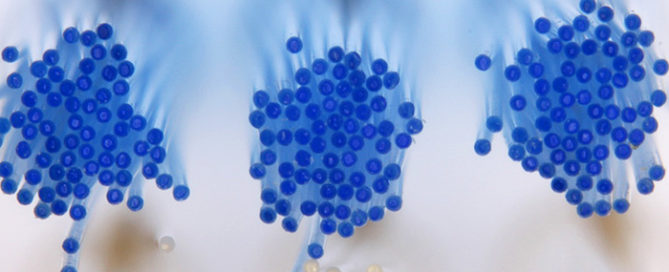The Negative Effects Of Mouth-Breathing
WE ALL KNOW WHAT it’s like to have a cold, with a nose so stuffy that you can’t breathe through it. At times like that, we breathe through our mouths instead, and that’s pretty much how it should work. Mouth-breathing is an emergency backup, not the default. There are many negative effects of mouth-breathing full-time, particularly if the habit begins in childhood. Why Does Mouth-Breathing Become A Habit? Many things can lead to a mouth-breathing habit. A small child might get a cold and then simply continue breathing through his mouth when his nose clears. A problem with bite alignment can make it difficult to keep the mouth closed. Persistent allergies, overlarge tonsils, or a deviated septum could make nose-breathing difficult or impossible most of the time. Fortunately, these problems can often [...]











